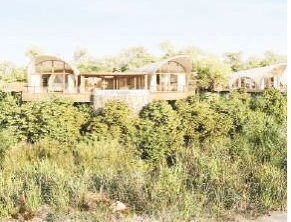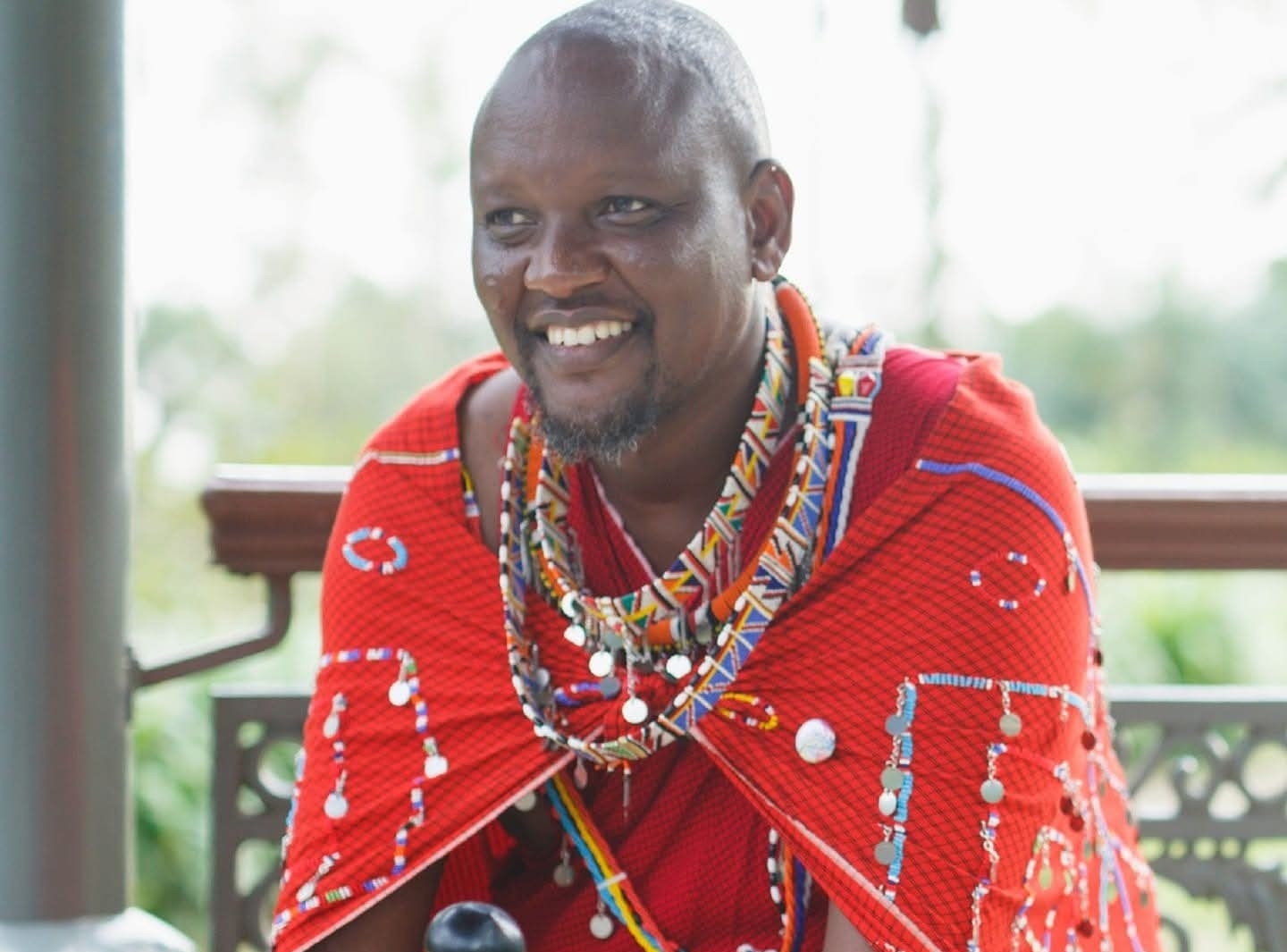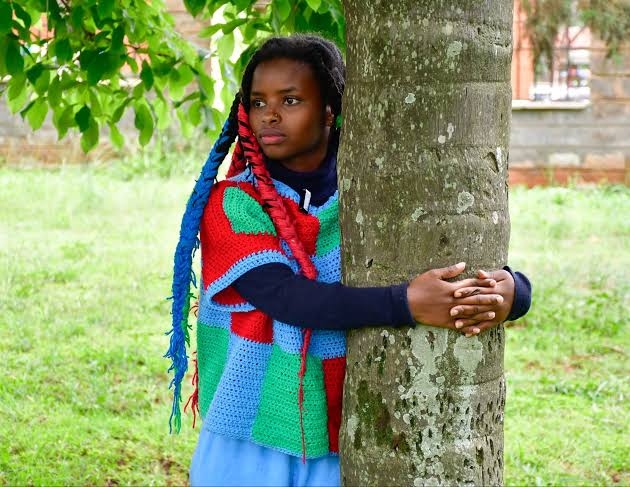For the last 30 years, Kiptigit Sigira, 100, has known no peace of mind. His Ogiek community has battled government agencies for resettlement after they were kicked out of the Mau Forest Complex.
“Our lives revolved around hunting and gathering. Some people came from nowhere and started destroying our home,” he says with nostalgia.
“That is when the government started having issues with our stay in the forest, a place I have known as home for several decades.”
Sigira says his community, South Western Mau, has for decades been routinely subjected to arbitrary forced evictions from their ancestral land in the Mau Forest by the government, without consultation or compensation.
This has hurt the pursuit of their traditional lives, access to natural resources and their very existence as an indigenous people.
In 2017, the community won a landmark case against the Kenyan government on their rights to life, property, natural resources, development, religion and culture.
The Ogieks, 35,000 of whom were represented in the landmark case, live in the Mau Forest complex.
They are one of the last remaining forest-dwelling communities and among the most marginalised indigenous peoples in the country.
But they are slowly coming to terms with the fact that their continued stay in the forest may not, after all, be sustained. They have thus started aligning with the outside world.
For instance, their children now go to school. They have also commercialised their bee keeping, which previously they did to get honey for their own consumption. They have also started selling medical products from the herbs they gather and raising tree nurseries for sale.
The Star toured the forest along with Rhino Ark fence/community manager for South Western Mau Alfonse Kiprono and community outreach officer Thomas Mutai.
FOREST GUARDIANS
Sigira, who hails from Tinet ward, Kuresoi South constituency, says they have jealously guarded the forest as it is their source of livelihood.
Apart from the herbs they harvest from the forest, it also provides them with a spiritual hub.
“We pray in such sacred places whenever we have good harvests. We also pray whenever we have diseases, such as corona,” he says.
The community has also perfected the art of bee keeping thanks to the support of stakeholders such as Rhino Ark, a conservation NGO.
Already, herbalists from the community are commercialising their herbal products. Rhino Ark has also trained them on how to raise indigenous tree nurseries, which they then sell to the NGO and other organisations.
Weldon Rono, secretary of the Ndoinet Ogiek Community Forest Association, says they have 1,294 members drawn from Tinet and Kiptororo locations.
Ndoinet forest block is one among the three forest stations that form the South Western Mau within the Mau Conservancy in Bomet county. The other two are Mara Mara and Itare forest stations.
The forest station has an area of 20,032ha with two distinct blocks: a smaller block of 32ha surrounded by farmlands in Nakuru county, where the station offices are located, and a larger block with an area of 20,000ha located about 6km from the station block.
Rono says they need a cultural centre, where the artefacts from the community can be stored for posterity.
Fred Onyango, a forester within Ndoinet, says communities adjacent to the forest reap massive benefits from protecting it.
NEW LIVELIHOODS
Among the commercial activities they are engaging in are bee keeping and raising indigenous tree nurseries.
The community also has plans to make money from trading in herbs. One such herbalist is Wilson Kimochoi, who says he successfully treated cancer that attacked his right leg.
“We have herbal medicines that can kill cancer within the expansive forest. I used it for two weeks and got healed,” he said as he pointed out a scar in his leg.
The Star could not verify if indeed he had cancer or had been cured of it.
Kimochoi, 67, says he heals his clients at a cost of Sh2,000 after his father blessed him with the trade. He said he has since cured four patients successfully.
Women, on other hand, are making beautiful items from forest products, such as baskets.
Ogiek Council of Elders chairman Joseph Barno said his council, the apex of decision making, is composed of 25 old men and 10 women.
To help spread the conservation gospel, the community uses conservation champions. Bernard Yegon and Faith Cherono are among them.
“We have a curriculum book that has already been formulated to help schools during environmental education,” Yegon says.
They have also roped in faith-based organisations. “Previously, the community was rigid on matters conservation. However, they have embraced it with both hands as they believe what we tell them as their children,” Yegon adds.
Scouts from the community are also in the forefront of fighting illegal activities, such as poaching.
FOREST REHABILITATION
Rhino Ark area community manager Alfonse Kiprono said raising awareness among the youth adjacent to the forest remains a key goal.
“We have developed a comprehensive conservation education curricula for 46 schools, both primary and secondary, found within eight kilometres of the forest boundary,” Kiprono said.
He said a survey they did in 2018 covering 46 forest adjacent schools showed they used approximately 75 tonnes of firewood each month.
A solution had to be found. They have since introduced energy-efficient stoves for the schools.
Aware that rehabilitating the degraded forest is a mammoth task, Kiprono said they have brought various stakeholders under the initiative for sustainable landscapes to pool resources and expertise.
Despite the rehabilitation efforts, huge herds of cattle are still getting into the forest in search of pasture.
Rhino Ark has partnered with the Kenya Forest Service and Kenya Wildlife Service to save the forest. They have been conducting surveillance flights above the forest to monitor illegal activities.
The scouts from the community are also involved in monitoring the rare species mountain Bongo, which are said to be in the forest.

















